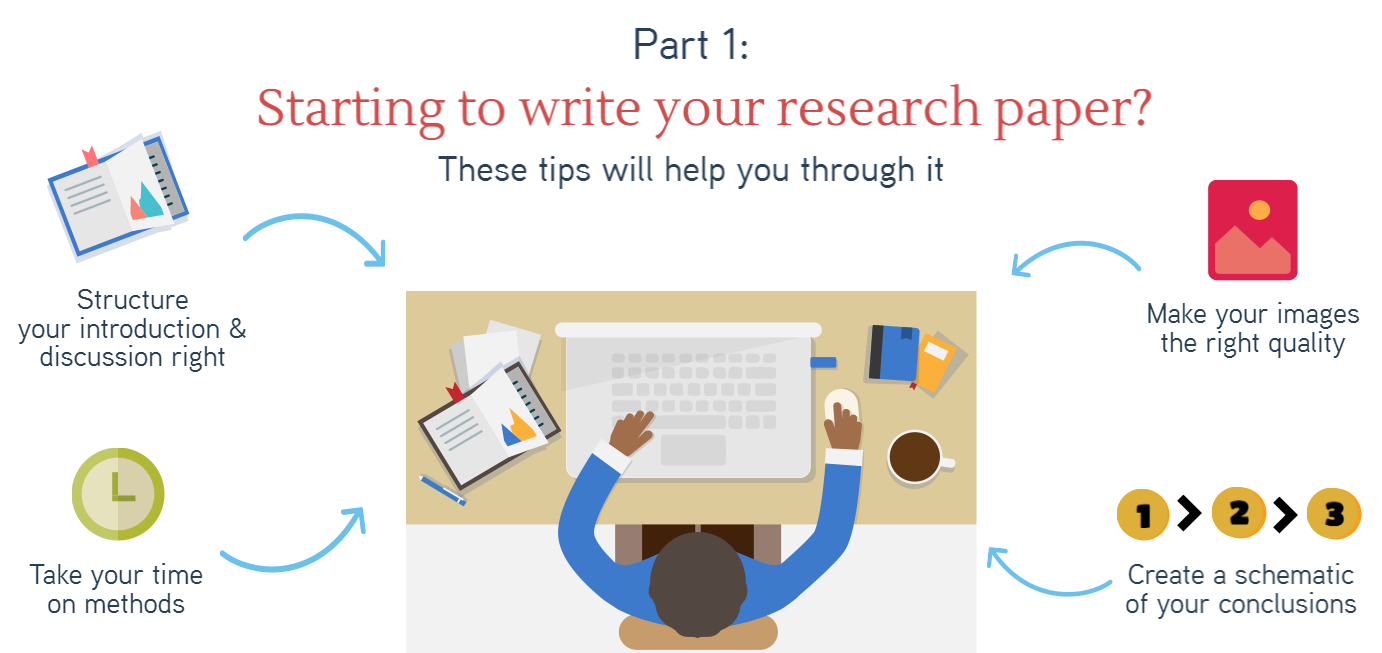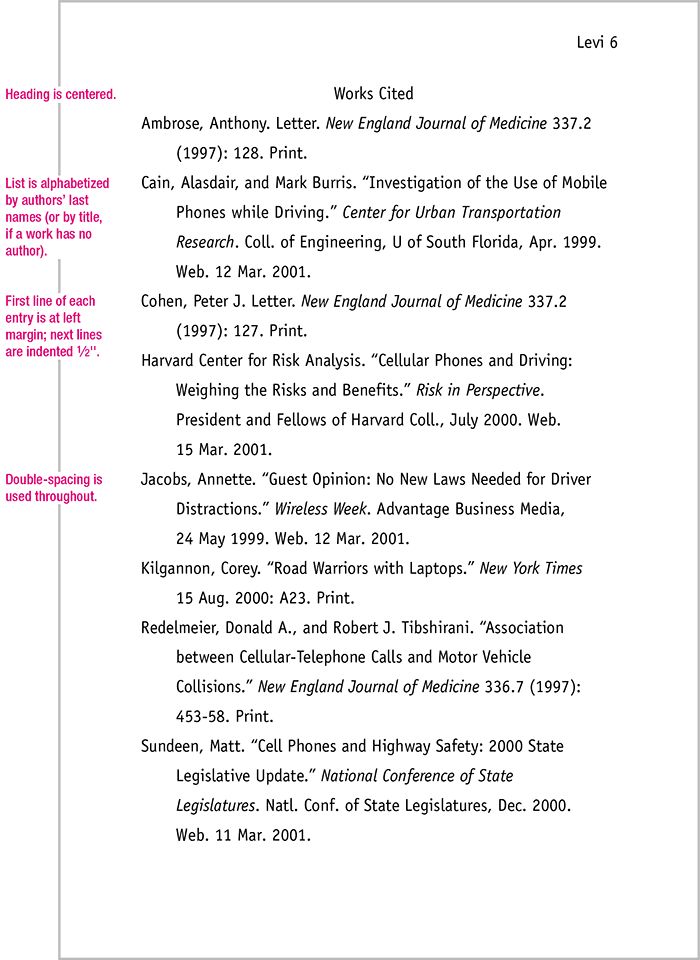If you’re wondering “how do I write a reflection paper?” you’re not alone. It can be daunting to write such a paper, but here are a few tips that will make the process less stressful. You can use examples as a guide for what you should include in your paper. If you’re writing an experiential reflection, for example, include your learning objectives. These objectives will help you assess your progress and find areas where you need more practice.
Before you begin, read several examples of reflection papers and learn how to write one of your own. If possible, choose a subject that has meaning to you or that you don’t think many other people have explored. Generally, reflection papers are between 250 and 750 words in length. Don’t ramble on and make sure that your essay is concise and contains only the information that is relevant to the topic.
Identify the main takeaway. You can start your paper with a brief summary of your findings, but don’t simply repeat them all. Instead, focus on the important aspects of what you learned. Use specific examples, if possible, to make it easier for readers to see your point. Also, make sure that you include some sources that challenge your own thoughts and ideas. This will make your paper stand out and will impress your readers.
Remember to include sources from reputable sources. Reflection papers aren’t all-encompassing meditations, so limit your topic to specific feelings, ideas, or beliefs. Include credible sources to support or refute any subjective considerations. Also, make sure to include the citation of your sources. This will prevent plagiarism from a student who copied the paper without permission. This article focuses on the structure of a reflection paper and offers tips to make it stand out from others.
Reflective papers fall into two main categories. Educational reflection papers aim to teach their readers something new while professional reflections examine the individual’s thoughts. Professional reflective papers, on the other hand, are written by people with a background in psychology or education. Personal reflection papers, on the other hand, explore a person’s own thoughts and experiences. The purpose of reflection papers is to connect personal experiences with theoretical knowledge. A reflection essay helps students put theory into practice by exploring their own thoughts and emotions toward a particular subject.
The structure of a reflection paper is similar to that of an essay. You can use a mind map to outline your ideas. You can use quotes and articles from reputable publications to support your points. Make sure to identify any issues that may affect your academic or professional life. The overall tone of your paper should be academic and professional. Make sure that it is organized and follows a logical flow. If you’re confused about what to include in your reflection paper, check out these tips.
The formatting of your reflection paper should follow the guidelines specified by the instructor. Your professor will likely expect the paper to be written in MLA format. Follow the requirements of your professor to avoid any confusion in formatting. When you’re writing your paper, make sure you edit it thoroughly before submitting it. Make sure your sentences are to the point, the grammar is correct, and your language is professional. You should also avoid using jargon in your paper.
While reflecting on your learning experiences is a crucial part of the process of writing a reflection paper, you shouldn’t forget to use a structured format. For example, you should write the first paragraph describing the subject you’re writing about, followed by a thesis statement. If you’re writing about something personal, you can use this format to share the story of the event. You should also include a brief analysis of your topic, which will help you organize your thoughts around the significant moments in your in-class knowledge discovery.
When writing your reflective narrative, make sure you include specific examples. You can’t effectively summarize the content without examples. You need to highlight your feelings, opinions, and thoughts. Remember that your examples should tie back to the theme. You need to make the readers feel like they’re reading the same story as you. In addition, reflective narratives should be short and to the point. Then, you can tie them to the main theme of your paper.
Reflection papers are a staple of college courses. Students will likely have to write one at some point in their life. They can be as varied as your experiences and your feelings. Reflection papers are often written in the context of professional learning or education, but you can also write one for personal purposes. Just make sure that you’re organized, have a clear focus, and include a lot of examples in your essay.




